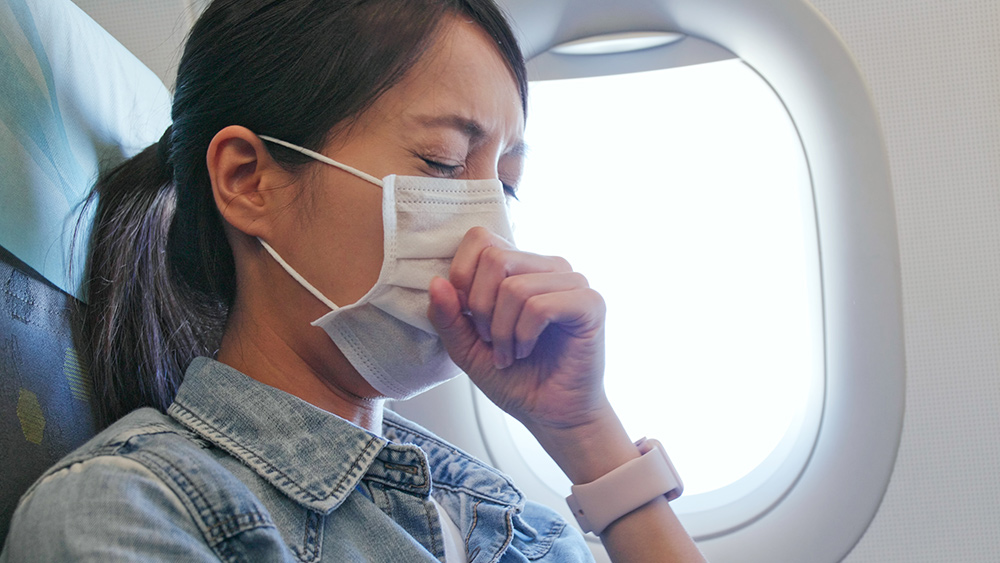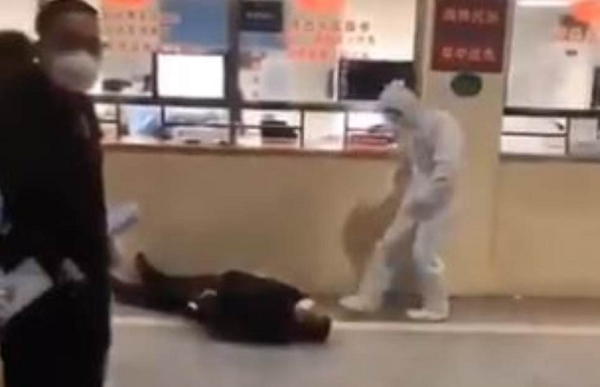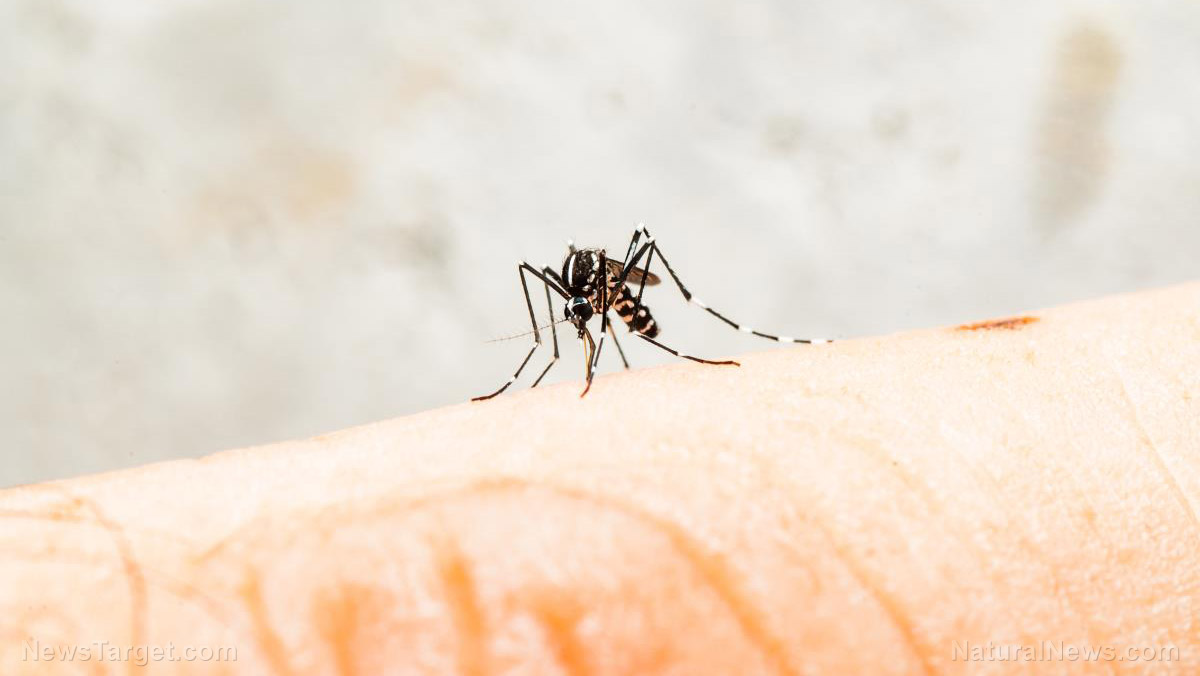How US patient zero spread coronavirus despite safety precautions, leading to mass cancellation of events
03/11/2020 / By Darnel Fernandez

A Seattle resident who would become known as the United States’ “Patient Zero” for the coronavirus outbreak still managed to spread the virus despite undergoing an “Ebola-style” lockdown procedure, officials claim. The 35-year-old arrived at an urgent-care clinic in a suburb north of Seattle on January 19 with an elevated temperature and cough — symptoms he had developed very soon after returning from visiting family in Wuhan, China.
After undergoing tests and several days of isolation inside a bio-containment ward developed for the Ebola virus, county health officials deemed the man fully recovered by February 21. Of the 60 people who came in contact with the man, none of them developed the virus in the following weeks. However, despite all the careful medical detective work done to contain the first case of COVID-19 in the U.S., it was not enough to slow down its spread.
“This virus is more contagious than the flu, so any sort of exposures before he got to the hospital would be certainly of high concern,” said George Diaz, who leads the infectious disease department at Providence, the health care facility where the patient was treated.
As of writing, the United States has topped 1,000 confirmed cases of coronavirus. In the Seattle area alone, experts report a total of 118 infections and 18 death as of Sunday — making it the center of the most severe U.S. outbreaks. Microsoft News reports that one of the main oversights of the Seattle outbreak was a lack of testing during a critical six-week winder when the virus was spreading completely undetected. (Related: US coronavirus infection estimates leap higher as Washington nursing home warns of a “shocking escalation” of symptomatic patients suddenly dying.)
County officials said that patient zero took group transportation with other passengers soon after arriving from Wuhan at the Seattle-Tacoma International Airport on January 15. Further, researchers claimed that someone else might have picked up the virus at any time between the man’s arrival at the airport before he went to the hospital.
“It may be, for example, that Seattle got unlucky and had an early introduction that did take off into a chain of transmission, and other places that did nothing different might have had better luck,” said Harvard T.H. Chan School of Public Health epidemiology professor Marc Lipsitch. “It’s quite possible that we’ll see some places with lots of cases once we start testing.”
Events scrubbed due to health concerns
Following the COVID-19 cases and the growing concern over the outbreak in the United States, The Associated Press reported that the 2020 BNP Paribas Open, a major tennis tournament set to begin this week, will be postponed over coronavirus fears — one of the largest sporting events to be canceled in a wave of events and conferences being called off worldwide.
The announcement of the decision came from tournament organizers on Sunday after a confirmed case of coronavirus was diagnosed in the Coachella Valley, where the Indian Wells Tennis Garden is located. The decision was made in accordance with guidelines provided by local medical professionals, the Centers for Disease Control and Prevention (CDC) and the state of California.
The 2020 BNP Paribas Open will not be held.https://t.co/BVKQmmcbth pic.twitter.com/CHOd0PgJeV
— BNP Paribas Open (@BNPPARIBASOPEN) March 9, 2020
The Riverside County Public Health Department has already declared a public health emergency for all cities 110 miles east of Los Angeles. As of writing, California currently has 114 cases of the coronavirus.
“There is too great a risk, at this time, to the public health of the Riverside County area in holding a large gathering of this size,” said David Agus, professor of medicine and biomedical engineering at the University of Southern California. “It is not in the public interest of fans, players and neighboring areas for this tournament to proceed. We all have to join together to protect the community from the coronavirus outbreak.”
Similarly, another major American event has succumbed to coronavirus concerns. In the direction of both the Country of Riverside and local health authorities, event organizers of the Coachella Valley Music and Arts Festival confirmed the rescheduling of the event on Tuesday. Goldenvoice, Coachella’s promoted and a subsidiary of the live event mammoth AEG, said the event would be moved from April to the weekends of October 9 and 16.
The Stagecoach Festival, an outdoor country music festival and Coachella’s sister event, was also moved for the same reasons, taking place on the weekend of October 23 instead of April 24.
— Coachella (@coachella) March 10, 2020
However, the organizers have not announced whether or not they secured the performances of the headlining acts they had advertised for the April weekend — namely Rage Against the Machine, Travis Scott and Frank Ocean for Coachella and Thomas Rhett, Carrie Underwood and Eric Church for Stagecoach. But, the company confirmed that they would offer refunds for all ticket goers who are not able to attend the festivities to be held in October.
Sources include:
Tagged Under: airborne, BNP Paribas Open, cancellation, China, Coachella, coronavirus, covid-19, Flu, infections, outbreak, pandemic, patient zero, priority, Stagecoach, superbugs, virus
RECENT NEWS & ARTICLES
ImmuneSystem.News is a fact-based public education website published by Immune System News Features, LLC.
All content copyright © 2018 by Immune System News Features, LLC.
Contact Us with Tips or Corrections
All trademarks, registered trademarks and servicemarks mentioned on this site are the property of their respective owners.


















